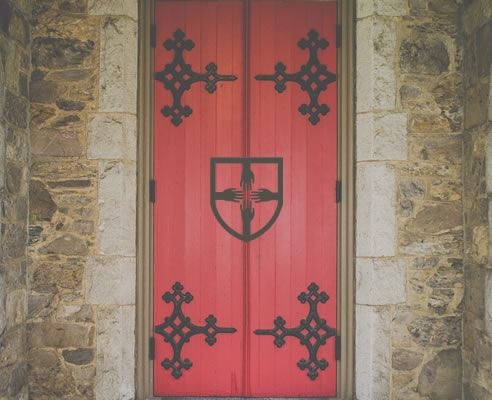
“Remember...all I'm offering you is the truth: nothing more.”
Morpheus, The Matrix
I recently rewatched the Matrix.
The main character in the movie is Thomas Anderson, played by Keanu Reeves, a mild-mannered programmer by day and computer hacker by night who goes by the name Neo. In the first act, Thomas has two very different interactions that define his struggle. He encounters the mysterious and beautiful Trinity at a rave, who tells him that things are not what they seem and that she too was familiar with the sense that the world was not right. She tells him that if he dares to look for them, he can find the answers to the questions he is asking.
The second conversation he has is with Agent Smith. After being arrested by Smith and his henchmen, Smith unpacks the two lives Neo had been living. Smith, with punctuated clarity, pronounces the day time life of paying taxes, being a good employee, and responsible citizen. Then, with disdain, he describes his life online - a life that involves unsavory activities. Smith bluntly challenges Neo and states, “One of these lives has a future....the other does…not.”
These two interactions paint a fantastic image of addiction and recovery. As an addict in my addiction, I was living a double life. By day I presented as a respectable citizen, loving father, committed husband, and devoted pastor. But my inner life was one of shame, compulsive behavior, and denial. When I hit my bottom, my higher power clearly said, “One of these lives has a future....the other does not.”
It is easy to look back at that event in my recovery journey and let that moment define my future. While there is some validity in doing so in reality, that moment when I hit bottom and looked up was just the beginning. Each day I have to choose to take the correct colored pill offered by my higher power. I can choose the blue pill and go back to my insanity and denial. I could choose the red pill of recovery, and as Morpheus tells Neo, “stay in wonderland...and (discover) just how deep the rabbit hole goes.” Each morning I must choose to work my steps or return to a life lived in rationalization and denial. A life that is no life at all.
The gift of choosing the red pill each morning is that I get to experience reality.
In a recent meeting where our topic was hope, I shared that I have to detach from trying to control the specific outcome of my recovery. I do not hope that if I am in recovery, I will get a better job, make more money, find the right partner, etc. I hope that “I will be returned to sanity daily as I participate in the process of recovery.*” When I am restored to sanity, my circumstances may change. They may be easy or difficult, but I am sane - able to see them for what they are. Not a reason to return to addiction. Not a reason to act out. Just a circumstance. One which will not last forever.
The 12 Step Program of recovery is a path to living in rigorous honesty - in truth. While I may use this program to arrest my sex, love, and pornography addiction, others find freedom from the slavery of alcohol, drugs, gambling, codependency, and other process and chemical addictions. In each case, it works when we choose to live in the real world and not hold on to the unfulfilled promise of escapism offered by our drug of choice. We get to live in the truth. Jesus spoke to this connection between truth and freedom in John 8.
Then Jesus turned to the Jews who had claimed to believe in him. “If you stick with this, living out what I tell you, you are my disciples for sure. Then you will experience for yourselves the truth, and the truth will free you.”
John 8:31-32, The Message
Recovery may or may not restore your marriage, may or may not increase your standard of living, but it will set you free. A free man or woman can find peace with little or a lot or in times of partnership and aloneness. This freedom to be present in our bodies for our recovery destroys shame and empowers us to be our true selves. We learn to wake up from the dream of addiction and awaken to the truth of redemption.
Which pill are you going to take today?
Prayer: Redeemer God, may you grant me the courage to embrace truth and honesty today, trusting that in doing so, you shall bring new and deeper levels of freedom to be just as you created me - a child of God who is loved by you into wholeness. Amen.
Shane Montgomery
Conway, AR
*S.L.A.A. Signs of Recovery© 1990 The Augustine Fellowship, S.L.A.A., Fellowship-Wide Services, Inc. All Rights Reserved.
The Message
Copyright © 1993, 2002, 2018 by Eugene H. Peterson
 In the early days of the Church, when the front door of the parish was painted red it was said to signify sanctuary – that the ground beyond these doors was holy, and anyone who entered through them was safe from harm.
In the early days of the Church, when the front door of the parish was painted red it was said to signify sanctuary – that the ground beyond these doors was holy, and anyone who entered through them was safe from harm.